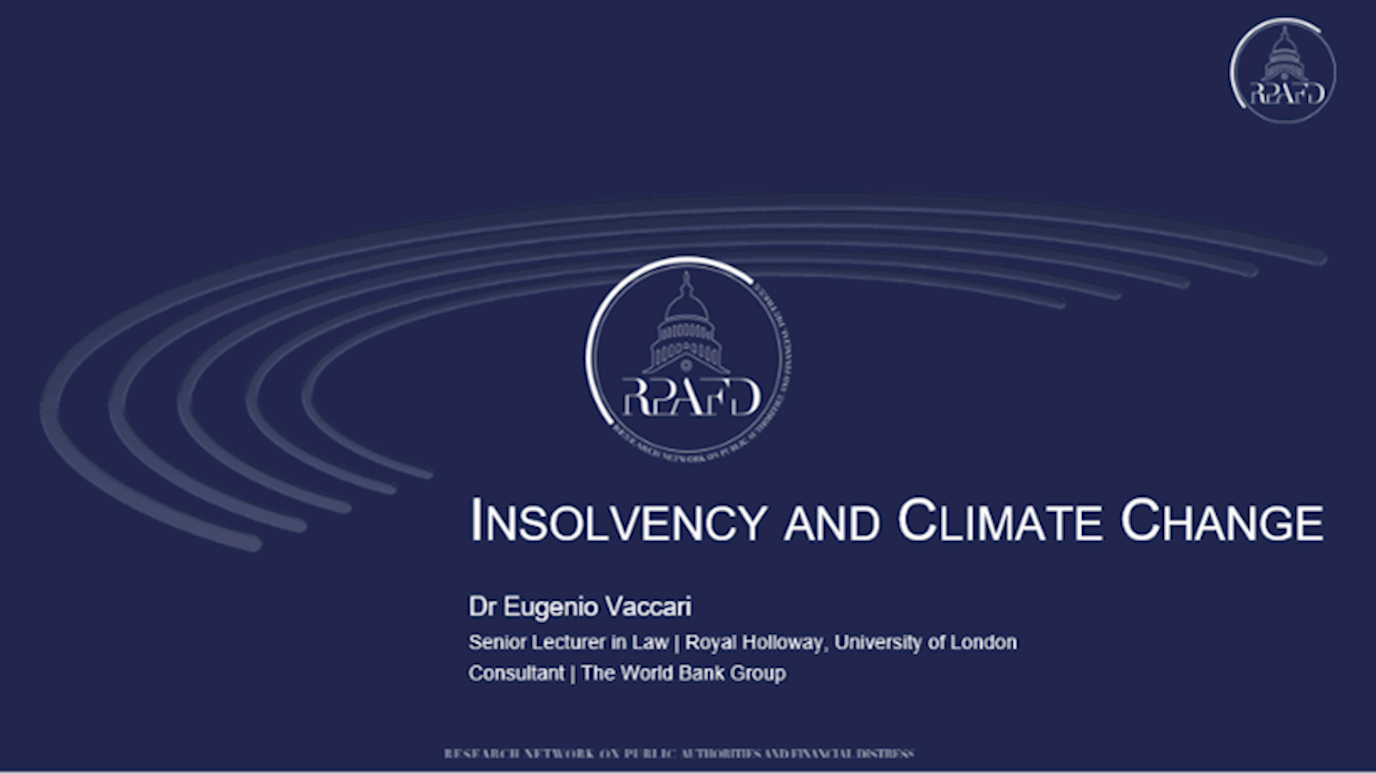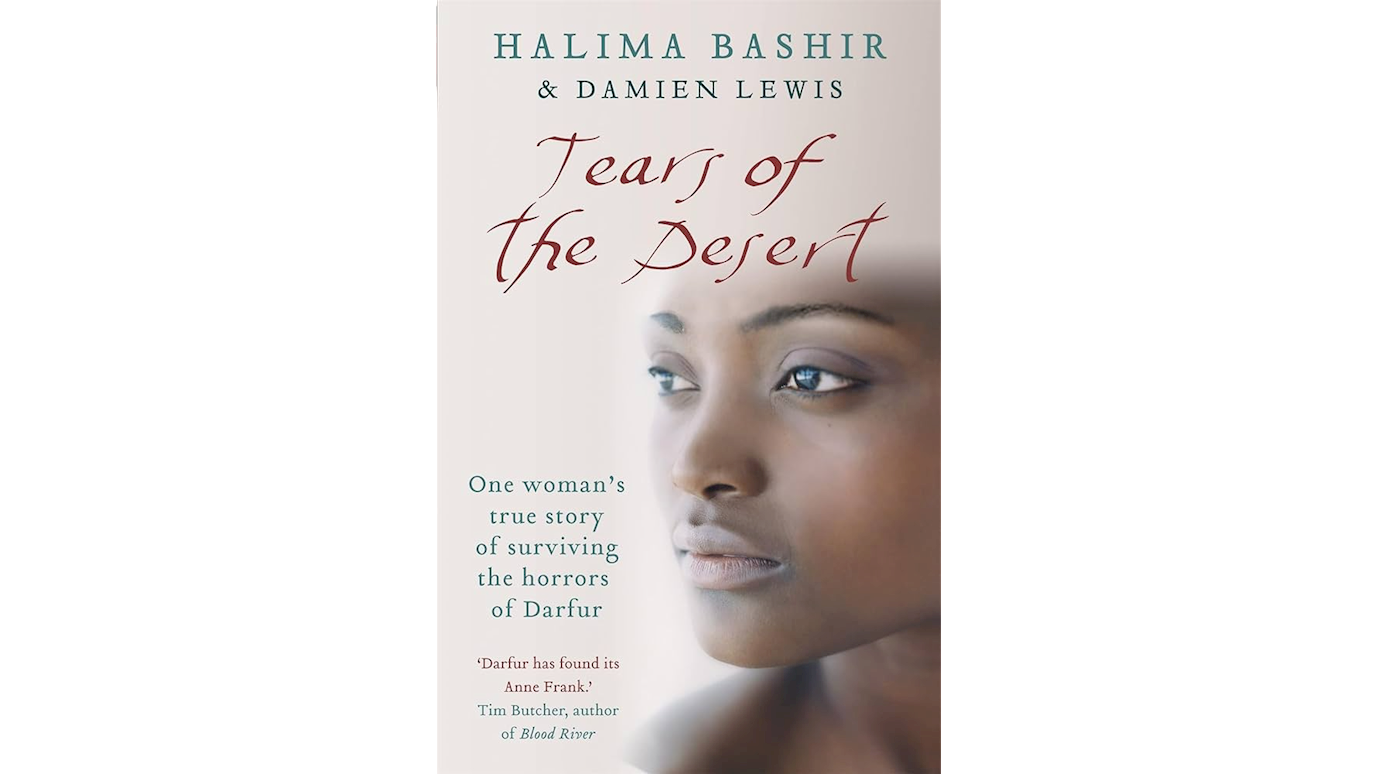In this article, he investigates trajectories and sociopolitical drivers of youth radicalization in Turkey in the context of the Syrian war and the Kurdish national struggle. He offers an anthropological intervention in the study of radicalization and propose a conceptual framework (radical habitus) to better understand contemporary radicalization phenomena across Salafi Jihadi and Kurdish revolutionary trajectories.

Per journal policy, the major research articles are published with commentaries by expert anthropologists in the field. Below are a few quotes from the commentaries.
...
"Mashuq Kurt’s account of “radical habitus” in southeast Turkey is a remarkable intervention. Rarely have I encountered a more courageous ethnography. Kurt surely downplays the intersecting challenges of conducting research among both Islamist and Kurdish nationalist radicals, especially considering his own and his family’s and friends’ relationships to the communities of his study. It is impossible to overestimate the dexterity, tact, and sensitivity that he marshalled while navigating his“ positionality as a Kurdish activist in a polarized environment.” (Jeremy F. Walton, University of Rijeka, Croatia)
...
"What I enjoyed most about Mashuq Kurt’s article is that it shows us just what engaged qualitative research can do when used rigorously and skillfully to explore some of the most complex and vexing issues of our time. His work fits with the best example of engaged qualitative research conducted with some of the most challenging, threatening, and hard-to-reach movements and actors (Belew 2018; Blee 2018; Stern 2019; Tenold 2018)." (Alex Khasnabish, Mount Saint Vincent University, Canada).
...
"Kurt’s analysis of youth radicalization is an important intervention in the literatures on political violence, radicalism, and radicalization. Bringing truly impressive ethnographic data and insights to bear on the question of what drives youth radicalization, Kurt directs attention to the formation of the radical habitus. Kurt’s historically informed ethnography offers a rare glimpse into how radicalization is shaped by both microinteractional and macrostructural forces. Overall, Kurt’s analysis is an excellent contribution to the literature on radicalization." (Eric W. Schoon, Ohio State University, USA).
You can read the open access article via this link: https://www.journals.uchicago.edu/doi/full/10.1086/727896
























